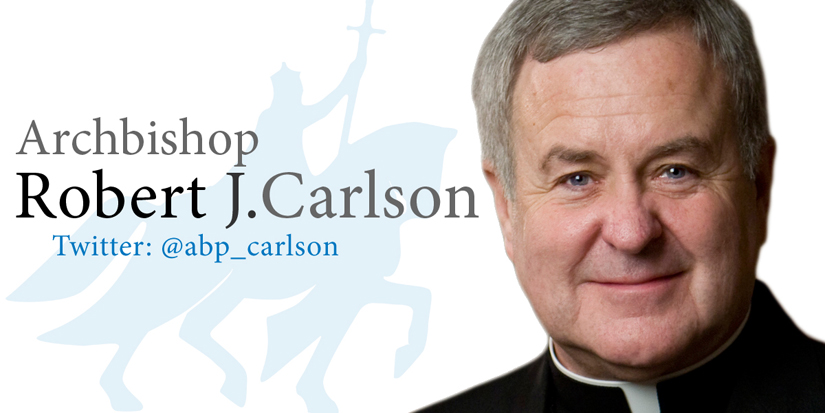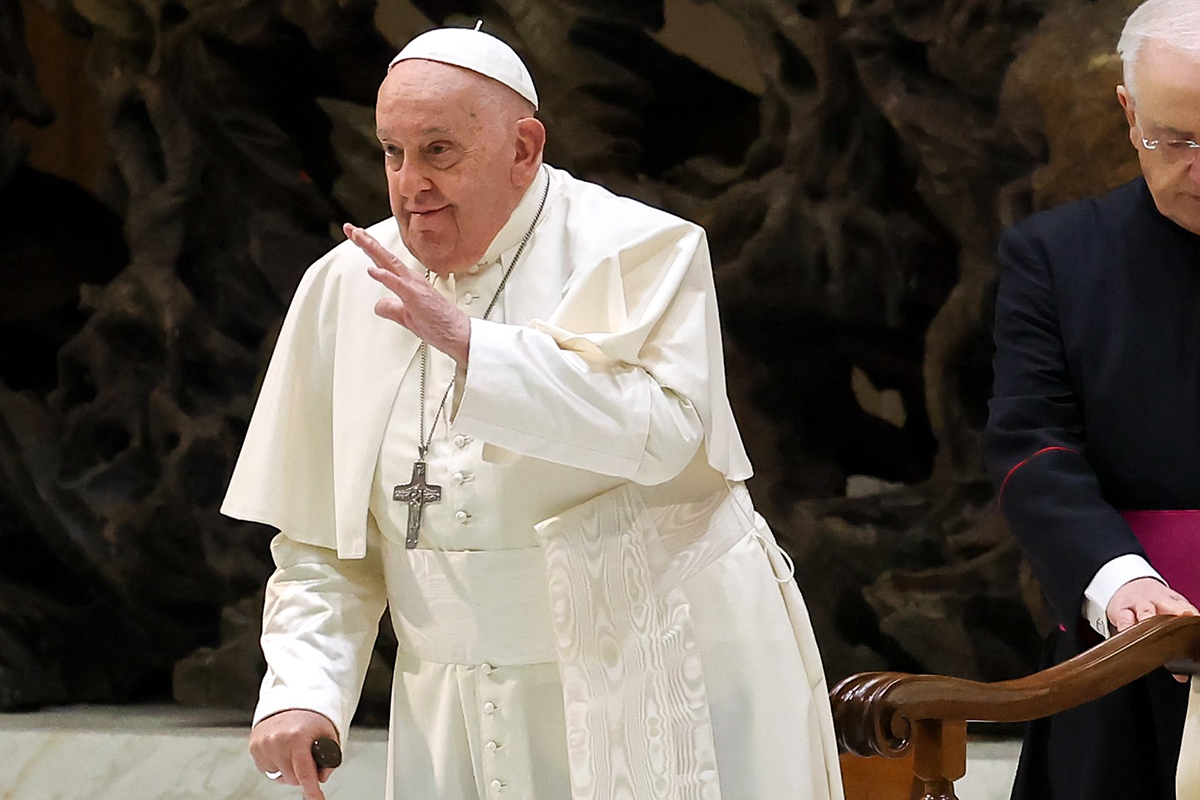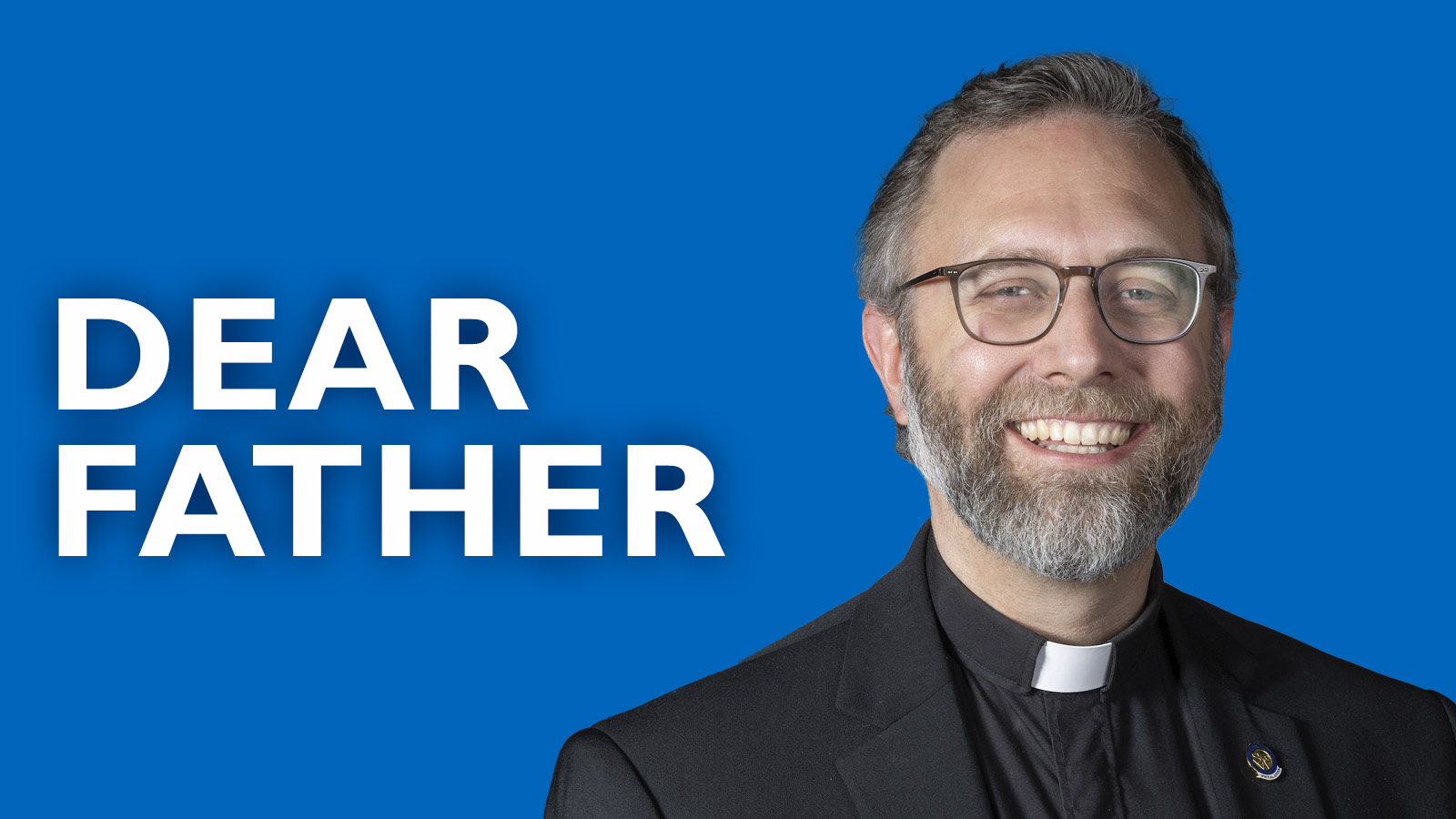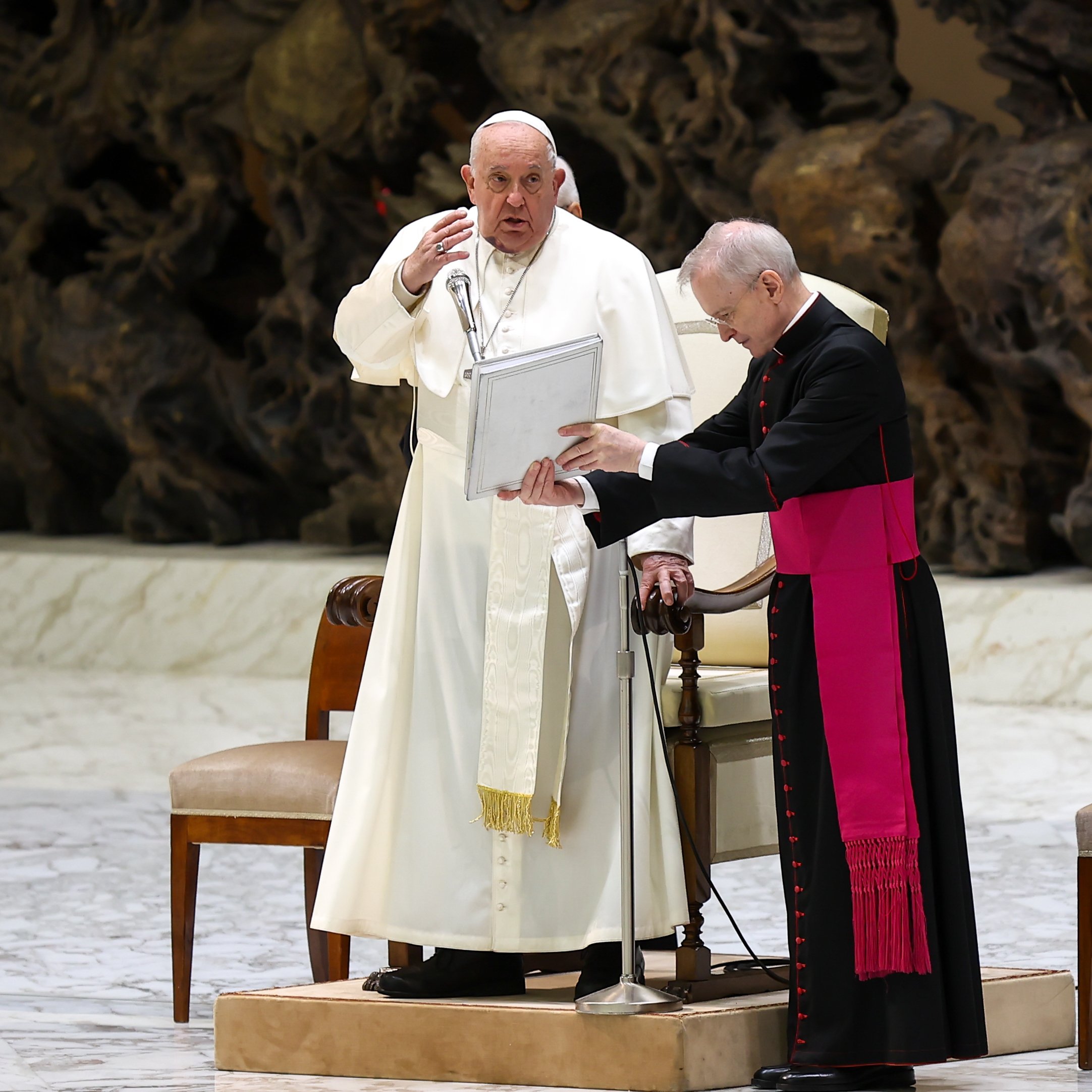BEFORE THE CROSS | Mercy is a second chance to get the correct response

It seems appropriate, for the week after Divine Mercy Sunday, to reflect on mercy. The readings for the week give us ample opportunity to do so. One of their themes can be summarized very simply: Wrong response!
Nicodemus comes to see Jesus. Jesus talks to him about the need to be born again. Instead of asking what He means by that, Nicodemus tries to figure out how a person can re-enter his mother’s womb. Wrong response!
The Sanhedrin gathers to examine Peter and John about their preaching. Peter speaks to them plainly about the fact that they had Jesus put to death and God raised Him from the dead. The Sanhedrin becomes enraged and want to put Peter and John to death. Wrong response!
A large crowd begins to gather and Jesus asks Philip: “Where can we buy enough food for them to eat?” Philip doesn’t say something like: “Well, Jesus, I don’t know. But I trust you, and I trust that the Father will supply some way of doing it.” Instead, he reacts with a kind of despair: “There’s no way we can feed this many people.” Wrong response!
Finally, Jesus multiplies the five loaves and two fish. Not only does each person receive enough to eat, but there are 12 baskets left over — a sign that Jesus is the Messiah. Then Jesus has to flee because the people want to make Him king. Rather than ask Him what His plan is, the people say: “We have a plan for you.” Wrong response!
The Scriptures often teach this way. They show us the wrong response for two reasons. First, to invite us to ask: what would have been a better response? Might I make a better response in my life? Second, to show us that even when we make the wrong response, it isn’t the end of the story. Many of the characters in these episodes make the wrong response at first and the right response later. That might be our story, too.
That’s something these stories teach us about mercy: mercy offers a second chance. Think about Nicodemus. He shows up three times in the Gospel of John. At first, in John 3, he’s utterly clueless. Next, in John 7, he raises a simple question of whether Jesus is being treated fairly by the Sanhedrin. Finally, in John 19, he makes himself known as a follower of Jesus in the most dangerous of circumstances: he shows up at the Cross to help bury Jesus. Nicodemus finishes with a great act of discipleship. But his path was gradual, and he only got there because the Divine Mercy was patient with his imperfect progress.
But the encounter with the Sanhedrin teaches us that progress isn’t inevitable. We’re offered heaven as a gift. We can choose hell if we prefer. Mercy is an offer. We can refuse it.
The biblical episodes teach us a pattern that we can apply to our lives. Just as we look at the characters and say, “Wrong response!”, we look back at our actions and say, “Wrong response!” Just as we look at the characters and wonder what would have been a better response, we look back at our own actions and wonder what would have been a better response. Asking those questions about today helps us to make a better response tomorrow. Maybe, like Nicodemus, we’ll end with a great act of discipleship.
RELATED ARTICLE(S):FRENTE A LA CRUZ | Una segunda oportunidad para acertar la respuesta correcta
It seems appropriate, for the week after Divine Mercy Sunday, to reflect on mercy. The readings for the week give us ample opportunity to do so. One of their themes … BEFORE THE CROSS | Mercy is a second chance to get the correct response
Subscribe to Read All St. Louis Review Stories
All readers receive 5 stories to read free per month. After that, readers will need to be logged in.
If you are currently receive the St. Louis Review at your home or office, please send your name and address (and subscriber id if you know it) to subscriptions@stlouisreview.com to get your login information.
If you are not currently a subscriber to the St. Louis Review, please contact subscriptions@stlouisreview.com for information on how to subscribe.






